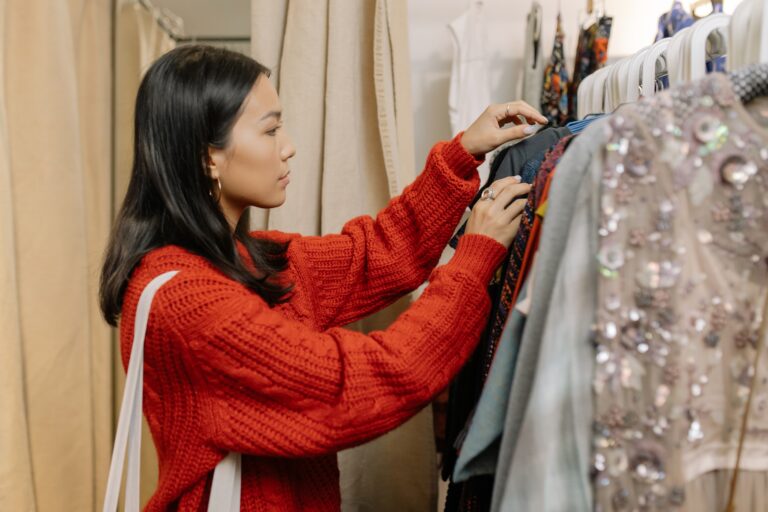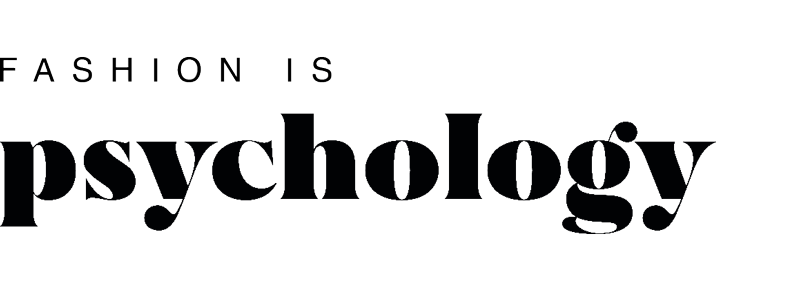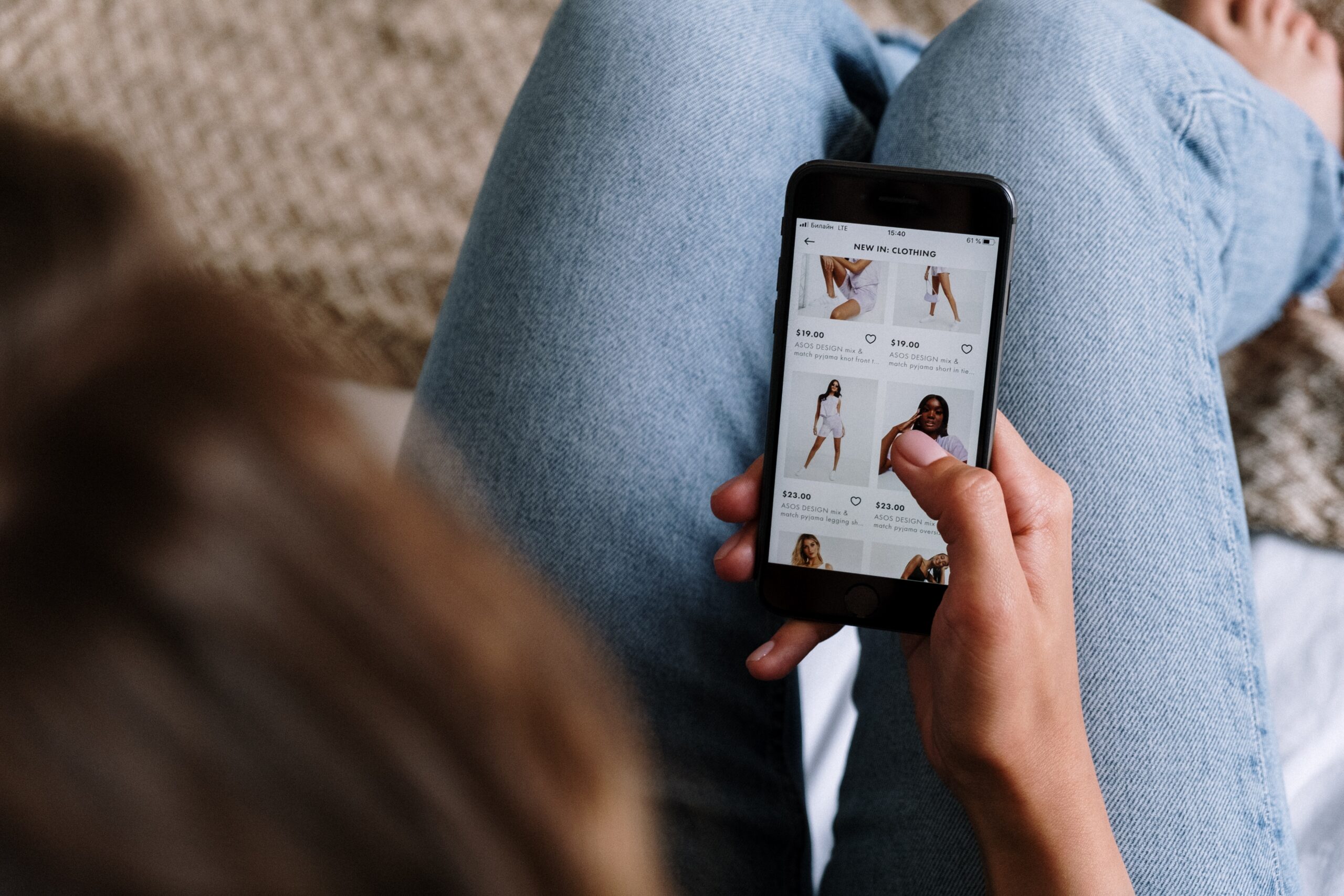Standing in Zara, surrounded – and if not somewhat slightly overwhelmed – by a sea of the latest season’s collection, you look at the item you’re holding up in your hand. Your eyes intricately study it. You take note of the fabric, the feel, the colours. You imagine yourself trying it on. Where will you wear it? Do you really need it? How long will you own it? What will you wear it with? You um and ah before finding yourself walking out the store, bag in hand and pleased with your latest purchase.
Now let me put a little spin on things
Whether or not the human brain has the capability to make decisions before we realise it has been the subject matter of several psychological studies. It is a complex and remarkable instrument; impossible to know and fully understand its workings without scientific investigation.
The power of our brain's unconscious cognitive processing
This could explain why we feel an urge to spend. For instance, one study tested whether product preference and price directly and unconsciously influence a shopper’s decision to buy a product. The study evidenced that consumer product preference activates the areas of the brain associated with anticipating gain.
However, when the price of the product was revealed to be excessive, it initiated activation in regions of the brain associated with anticipating loss. In other words, seeing a product you like makes your brain excited to own the product. But, when you see the extortionate price tag, the part of your brain responsible for ruining your fun kicks in.

So, what does this mean?
Researchers, therefore, allege they can predict if an individual’s unconscious processing will initiate a spender’s urge to buy goods or help them remain rational and cautious ultimately walking away empty-handed. This raises questions in this world of fast fashion, whiplash trends and frenetic sales. Whereas many high-street and online shops keep their prices low, meaning for many, this part of the brain that prevents impulse buying never activates. Hence, your brain has committed to making a purchase without you fully knowing it beforehand.
We experience such 'processing' extremely fast and all at once.
It is only afterwards (sometimes up to ten seconds after) that our conscious brain catches up and joins the party. We can reluctantly assess the items we have sleepwalked out of the store with.
If we jump back to that item you are holding up in Zara, the initial decision that led us to pick up that item may have been out of our control. After all, we can’t help what we gravitate towards can we? However, what we choose to do after recognising a decision has been made, perhaps that we can control?

It ain't my fault
This means, and I hate to break it to you, but you can’t blame that recent shopping splurge completely on intrusive thoughts from a higher being you could not overpower in your battle of to buy or not to buy.
Yes, activity in your brain played a part but also having the ability to recognise that you perhaps fell victim to impulsive shopping behaviours, or were swayed by attractive prices is a small victory. This also means you will know what to look out for the next time you hit the high street. Your bank account can thank me later.
My fellow readers, remember to shop is not a bad thing or something to feel guilty about. We all do it, and all know what a great psychological impact clothing can have on our psyche. Not only that, but impulsive decisions can also be rectified by returning items bought on a whim.

But in the moment, taking the time to really think through if you need anything is a great way to calm any impulsive thoughts. Just think of the following: will it bring you joy? Does it fit with what you already have in your wardrobe? Will you get longevity out of wearing the item in question? And, if all questions lead to ‘yes’ then it is okay to follow your heart, as well as your head.



